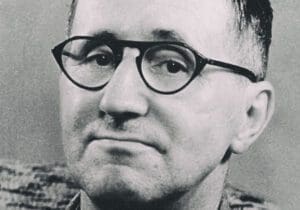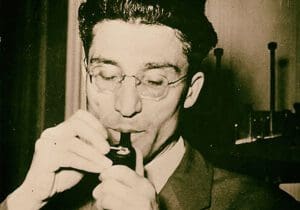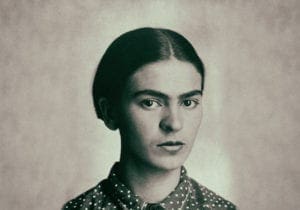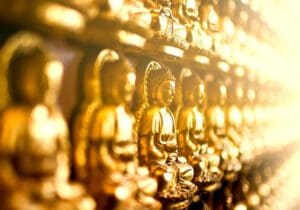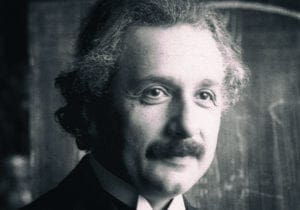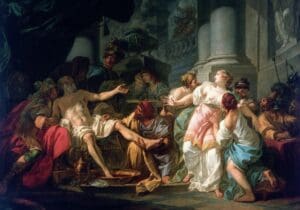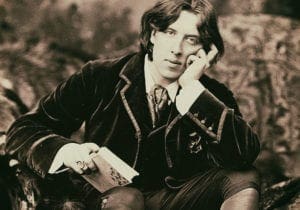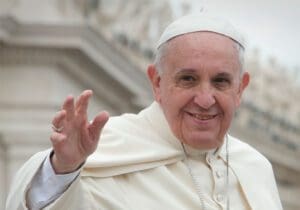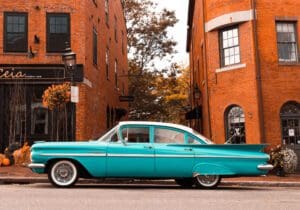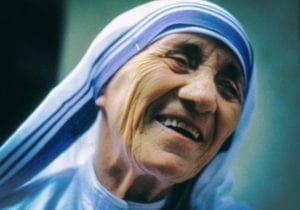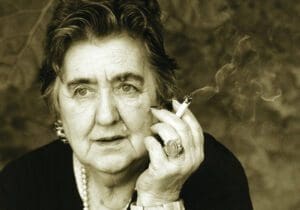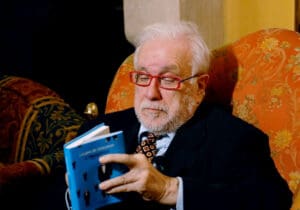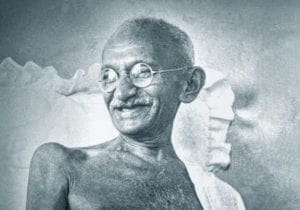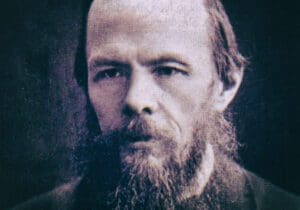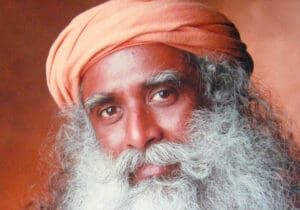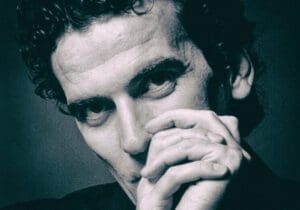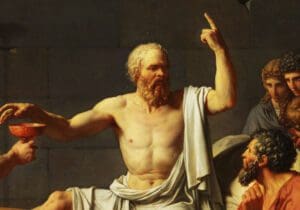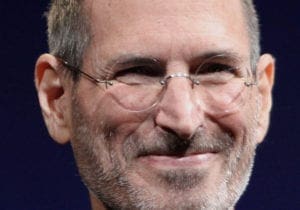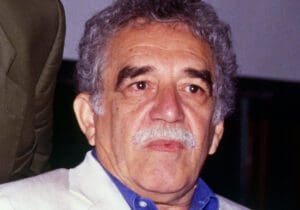Nato in Germania nel 1898, Bertolt Brecht è considerato uno dei più influenti drammaturghi e teorici teatrali del XX secolo.
Il suo teatro è caratterizzato dall’impegno politico, in quanto oppositore del regime nazista, e dall’intento di fare degli spettatori elementi critici e attivi.
Ecco quindi le più belle e famose frasi di Bertolt Brecht (in inglese e italiano) che ne riassumono l’ideologia, ma anche il carattere poetico. Scoprile subito!
Aforismi, citazioni e frasi di Bertolt Brecht (in inglese e italiano)
- Who does not know the truth, is simply a fool… Yet who knows the truth and calls it a lie, is a criminal.
Chi non conosce la verità è uno sciocco, ma chi, conoscendola, la chiama bugia, è un criminale. - He who fights, can lose. He who doesn’t fight, has already lost.
Chi combatte rischia di perdere, ma chi non combatte ha già perso. 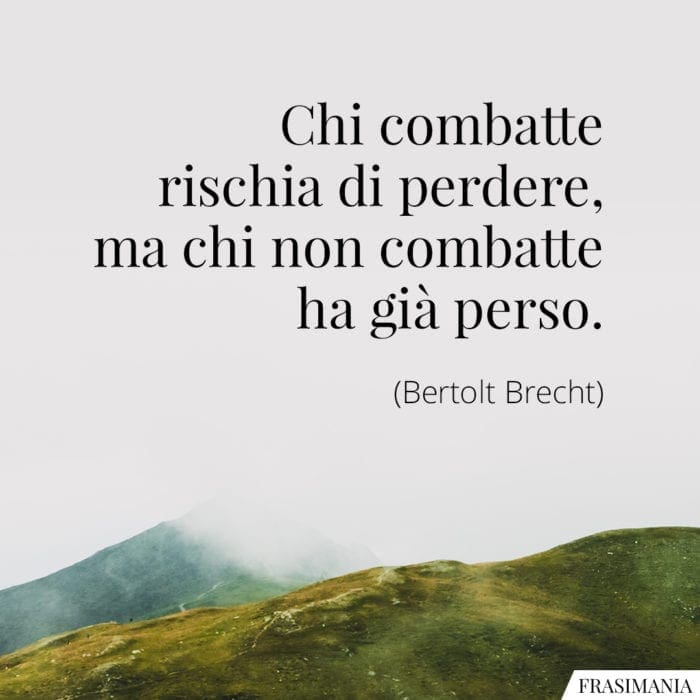
- Hungry man, reach for the book: it is a weapon.
Uomo affamato, afferra un libro: è un’arma. - We sat on the wrong side because all the other seats were occupied.
Ci sedemmo dalla parte del torto visto che tutti gli altri posti erano occupati. - The river that everything drags is known as violent, but nobody calls violent the margins that arrest him.
Tutti a dire della rabbia del fiume in piena e nessuno della violenza degli argini che lo costringono. 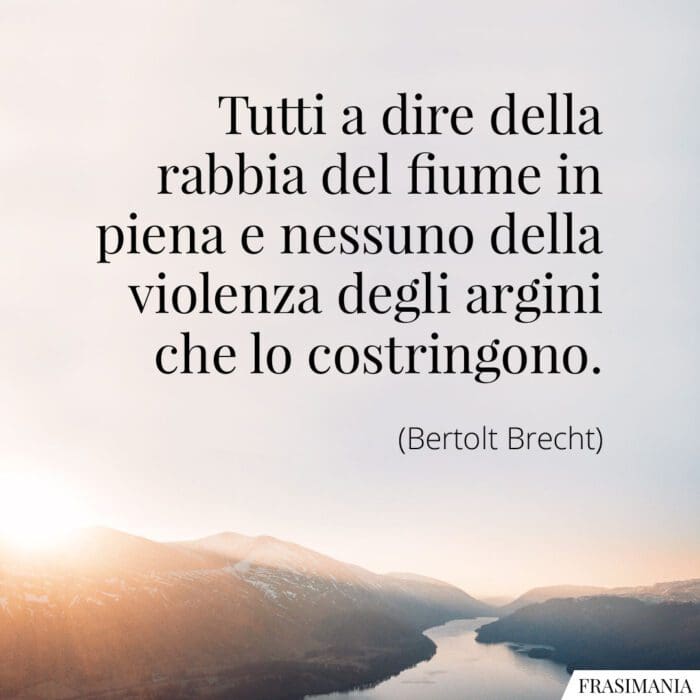
- Intelligence is not to make no mistakes, but quickly to see how to make them good.
L’intelligenza non sta nel non commettere errori, ma nello scoprire subito il modo di trarne vantaggio. - It’s all right to hesitate if you then go ahead.
Esitare va benissimo, se poi fai quello che devi fare. - The aim of science is not to open the door to infinite wisdom, but to set a limit to infinite error.
Lo scopo della scienza non è tanto quello di aprire la porta all’infinito sapere, quanto quello di porre una barriera all’infinita ignoranza. 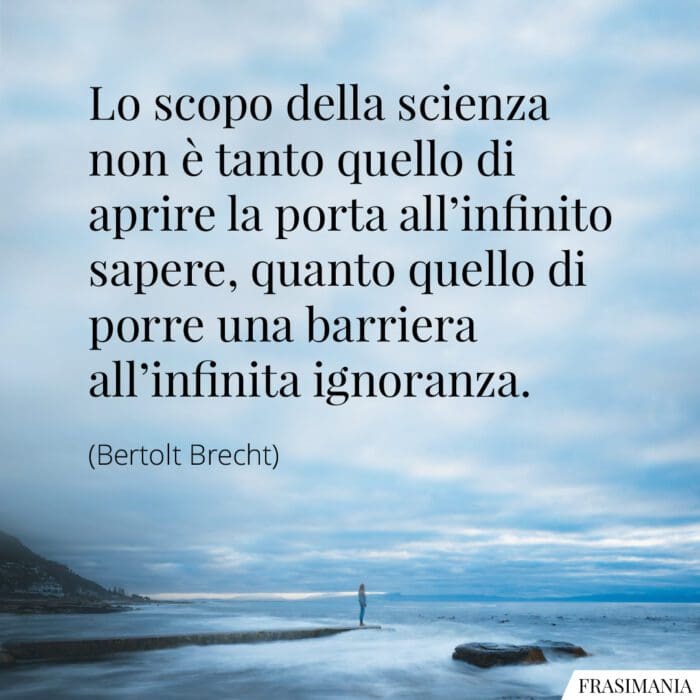
- All artforms are in the service of the greatest of all arts: the art of living.
Tutte le arti contribuiscono all’arte più grande di tutte: quella di vivere. - Everyone chases after happiness, not noticing that happiness is right at their heels.
Tutti inseguono la felicità, senza accorgersi che la felicità è proprio alle loro calcagna. - Who does not know the truth, is simply a fool… Yet who knows the truth and calls it a lie, is a criminal.
Chi non conosce la verità è uno sciocco, ma chi, conoscendola, la chiama bugia, è un criminale. 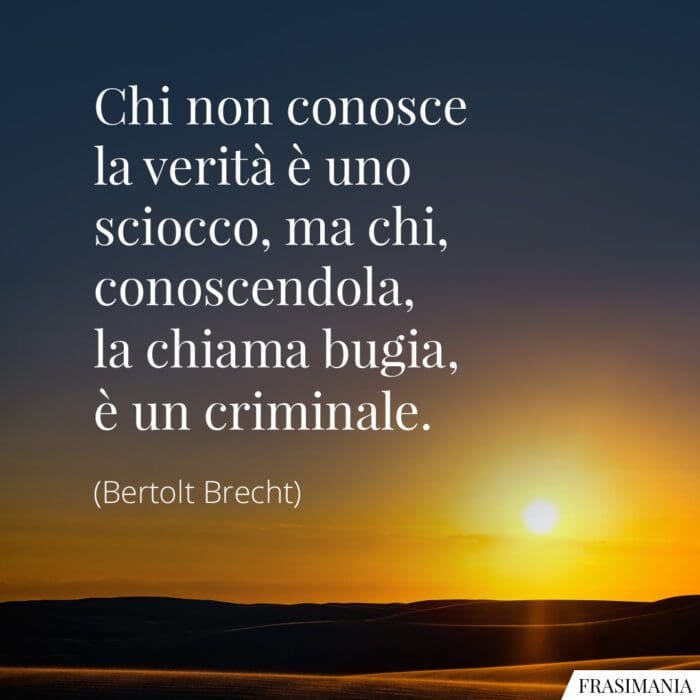
- No one can be good for long if goodness is not in demand.
Nessuno può essere buono a lungo se non c’è richiesta di bontà. - I’m having a hard time; I’m preparing my next mistake.
Sto lavorando duro per preparare il mio prossimo errore. - Weaknesses You had none. I had one: I loved.
Debolezze. Tu non ne avevi. Io ne avevo una: amavo. 
- Do not fear death so much, but rather the inadequate life.
Non temere tanto la morte, ma piuttosto una vita non all’altezza. - He who laughs last has not yet heard the bad news.
Chi ride per ultimo non ha ancora sentito la brutta notizia. - When injustice becomes law, resistance becomes duty.
Quando l’ingiustizia diventa legge, la resistenza diventa dovere. 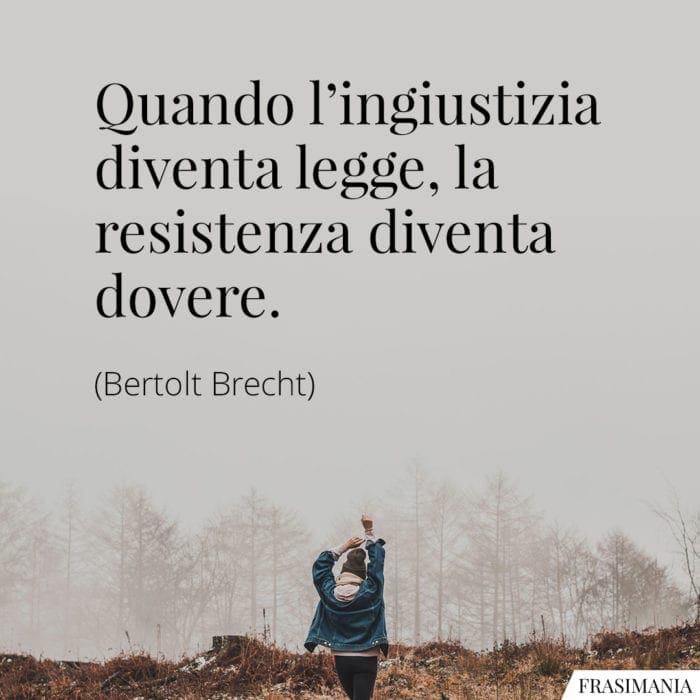
- Unhappy the land that is in need of heroes.
Sventurata la terra che ha bisogno di eroi. - Don’t expect the theatre to satisfy the habits of its audience, but to change them.
Non aspettarti che il teatro soddisfi le abitudini del suo pubblico, ma che le cambi. - I no longer know anything about her, once she was everything, but everything passes.
Di lei non so più niente, di lei che un tempo mi era tutto. Ma tutto se ne va. 
- For art to be ‘unpolitical’ means only to ally itself with the ‘ruling’ group.
Per l’arte essere apolitica significa solo appoggiare il partito dominante. - Bank robbery is an initiative of amateurs. True professionals establish a bank.
La rapina in banca è un’iniziativa da dilettanti. I veri professionisti fondano una banca. - To those who does not know the world is on fire, I have nothing to say.
A chi non sa che il mondo è in fiamme, non ho niente da dire. - Art is not a mirror held up to reality, but a hammer with which to shape it.
L’arte non è uno specchio su cui riflettere il mondo, ma un martello con cui scolpirlo. 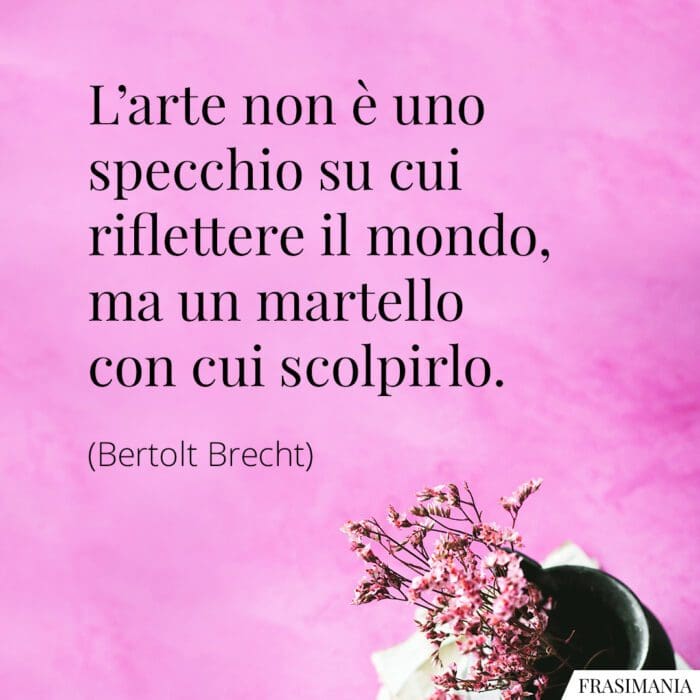
- Grub first, then ethics.
Prima viene lo stomaco, poi viene la morale. - Because things are the way they are, things will not stay the way they are.
Dato che le cose sono come sono, le cose non rimarranno come sono. - The human race tends to remember the abuses to which it has been subjected rather than the endearments. What’s left of kisses? Wounds, however, leave scars.
Il genere umano tende a ricordare gli abusi a cui è stato sottoposto, piuttosto che le tenerezze. Che cosa resta dei baci? Solo le ferite lasciano cicatrici. - There are men who struggle for a day and they are good. There are men who struggle for a year and they are better. There are men who struggle many years, and they are better still. But there are those who struggle all their lives: These are the indispensable ones.
Ci sono uomini che lottano un giorno e sono bravi. Altri lottano un anno e sono più bravi. Poi ci sono quelli che lottano molti anni e sono ancora più bravi. Infine ci sono quelli che lottano tutta la vita: loro sono indispensabili.

